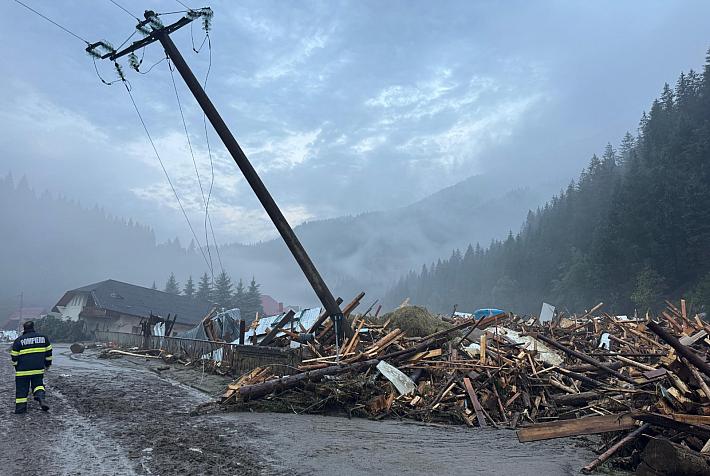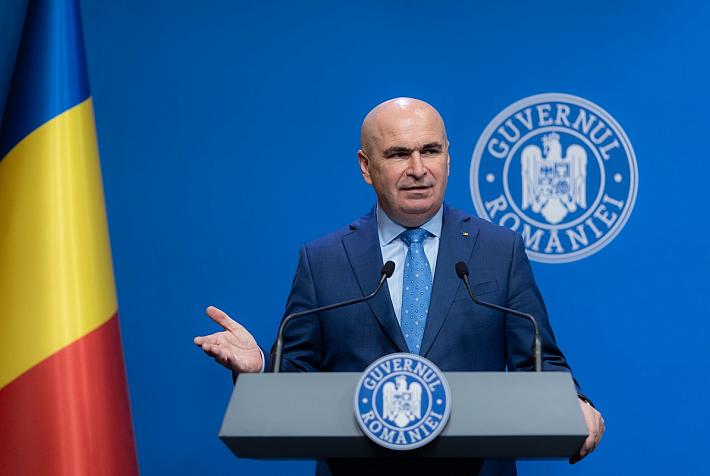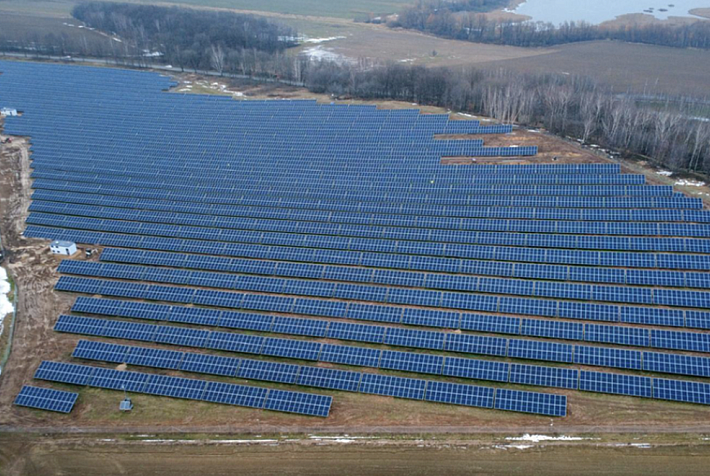UNICEF says verbal violence against children is a widespread phenomenon in Romania

Violence against children is a widespread phenomenon in Romania and it has been increasing in recent years, according to UNICEF.
More than 12,000 cases of abuse, neglect and child exploitation are recorded each year, more than half of them in rural areas. Abuse happen at home, in school, on the street or elsewhere, but UNICEF thinks that reported cases are just a small part of all cases of violence against children.
A research conducted by UNICEF shows that 54% of Romanian parents raise their voice at their children when they do something wrong, 13% threat the child, 11% slap or pull the child’s hair, and 5% beat the child.
“Why does violence against children appear? Most parents love their children and want only what’s good for them. Unfortunately, not all of them have the knowledge or the abilities to respond constructively to their children’s behavior. Most adults involuntarily repeat the discipline model they learned from their parents based on the belief that <<beating comes from Heaven>> or <<a mother’s slap helps growth>> (approximate translations of Romanian sayings – e.n.),” said Sandie Blanchet, UNICEF representative for Romania.
According to UNICEF, violence against children and especially verbal and psychological abuse (such as yelling, threatening) and light physical punishments (like slapping and pulling the child’s hair) are not perceived as a problem.
However, recent research shows that all forms of violence have a negative impact on children and affect them both in their childhood and when they grow up. “There’s a higher chance that children who are treated with violence will have less confidence in themselves and will be either more fearful or more violent than others, and that they won’t be able to focus in school and have difficulties in making friends,” Blanchet explained.
“There’s a clear connection between violence suffered in childhood and a lot of problems that appear in adulthood. Obesity, depression, tobacco, alcohol and drug abuse, heart attacks, diabetes and cancer are just some of them,” she added.
UNICEF and Romanian authorities have started a campaign on verbal violence, to raise awareness about this phenomenon in Romania, which is called “Verbal violence hurts!”
editor@romania-insider.com











